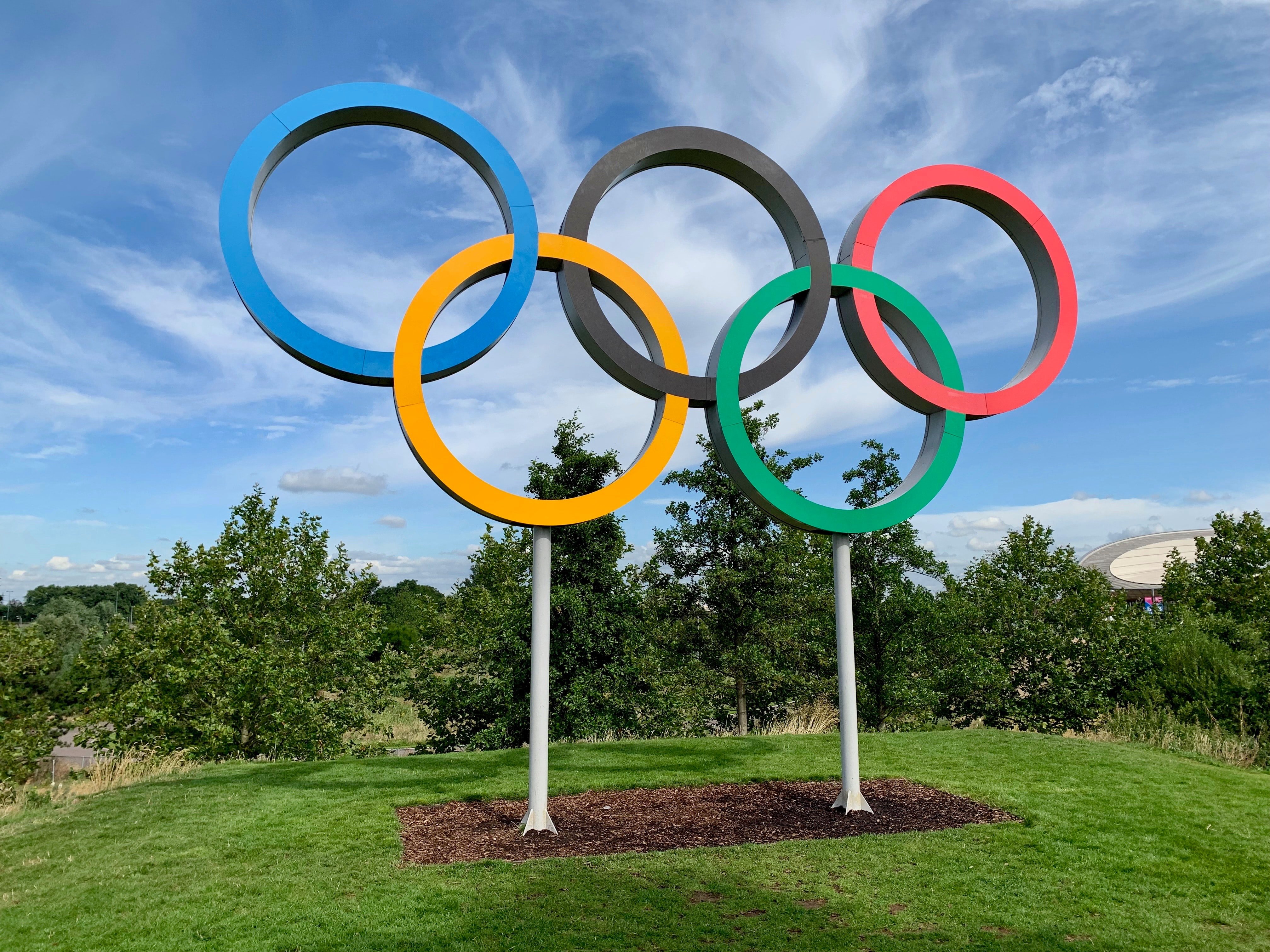Stanford athletes traveling to Tokyo for the Summer Olympics will be cast into a public health emergency starkly different from the one they left behind in Palo Alto. It is a delicate situation that calls for heightened caution from both the Olympics organizers and every athlete participating, according to Stanford epidemiologists.
“Although the athletes have trained and sacrificed so many years for this moment in time, these Olympics are happening at a time when the COVID-19 pandemic is quite uncontrolled on a global level,” Stanford associate professor of infectious diseases Anne Liu said.
The Olympic Games began with a dazzling opening ceremony on Friday, but the COVID-19 pandemic is still very much a topic of concern around the world, especially in Tokyo. Daily cases in the city are currently spiking, and only about 24% of Japan is fully vaccinated. Just a few weeks ago, Japan’s government declared a state of emergency for the duration of the Games.
Stanford athletes competing in the Olympics this year will face a new set of rules and regulations that the International Olympic Committee (IOC) has implemented to minimize the potential for an outbreak, including a ban on all spectators. Despite the IOC’s public confidence in their ability to avoid major outbreaks, infectious disease clinical professor Jake Scott said this hope is unrealistic, as the city now counts 106 cases associated with the Games.
While Santa Clara County has been able to relax public health restrictions due to low COVID-19 case counts and high vaccination rates, the public health situation surrounding the Olympics “is just totally different,” Scott said.
One major component that makes this year’s Olympics vulnerable to an outbreak is the lack of a vaccine mandate for participating athletes, according to Steven Goodman, a Stanford epidemiology and population health professor.
To limit the risk of an outbreak, Goodman said that the most important thing the IOC could do “would be to require immunization, or administer a vaccine as soon as the athlete enters the country.” The IOC has already confirmed that vaccines will not be required among athletes. And it’s too late to reverse course: for maximum vaccine efficacy, athletes should have received their second vaccine dose twelve days before their event.
The decision “will increase the chance of any athlete getting COVID by about twentyfold if they are exposed, and having unvaccinated athletes around increases the chance of everyone to be exposed,” Goodman said.
Many Olympians might also face limited vaccine access in their home countries. For example, in Russia — an Olympics powerhouse sending more than 300 athletes who will not compete under the country’s flag due to doping sanctions — only about 19% of the population is fully vaccinated; in Venezuela, that number stands at around 5% of the population. The vast majority of Stanford-affiliated athletes, including those who represent teams from other countries, train in the United States, where accessing the vaccine is now significantly easier.
“Over 100 countries still do not have vaccines,” Scott said. “To require them sounds straightforward, but is difficult — given that, vaccine inequity makes requiring it not feasible.”
Scott encourages anybody who has access to the vaccine to get it if they have not already, adding that “vaccines are incredibly effective against all variants,” including the rapidly spreading Delta variant.
“The key point about the Delta variant is that it is more transmissible,” Stanford medicine professor Dean Winslow said, adding that the Olympics could facilitate transmission of the Delta variant to a country with low vaccination rates, which would lead to higher cases and deaths.
And public health officials aren’t the only ones feeling uneasy about the Games. The Olympics are extremely unpopular in Japan, with almost 83% of the Japanese public reporting that they are against hosting the Olympics this summer.
Natasha Saki-Ong ’22, a Stanford student born and raised in Japan, described how many were excited about the Olympics before the pandemic. Now, in light of COVID-19 and Tokyo’s return to lockdown, many Japanese are protesting against the Olympics.
“The general consensus is that if the Olympics association were able to postpone it for one year, why can’t they postpone it another year — in terms of safety while also respecting the effort and resources put in to set everything up,” Saki-Ong said.
The Olympics this summer will be a high-risk, high-reward event, Scott said. If executed properly, the Games could prove that large-scale events can be conducted safely and responsibly, even during a pandemic. On the other hand, the Olympics risk worsening the pandemic, especially in the small island nation, and given the scale of the Games, could increase COVID-19 cases internationally.
“The stakes are so high because it’s an international event … it’s really the perfect storm for a massive super spreader event,” Scott said. “This will be a huge challenge, but then again, this is the Olympics … It is an event that hosts the greatest athletic challenge, and this will be an enormous public health challenge.”
